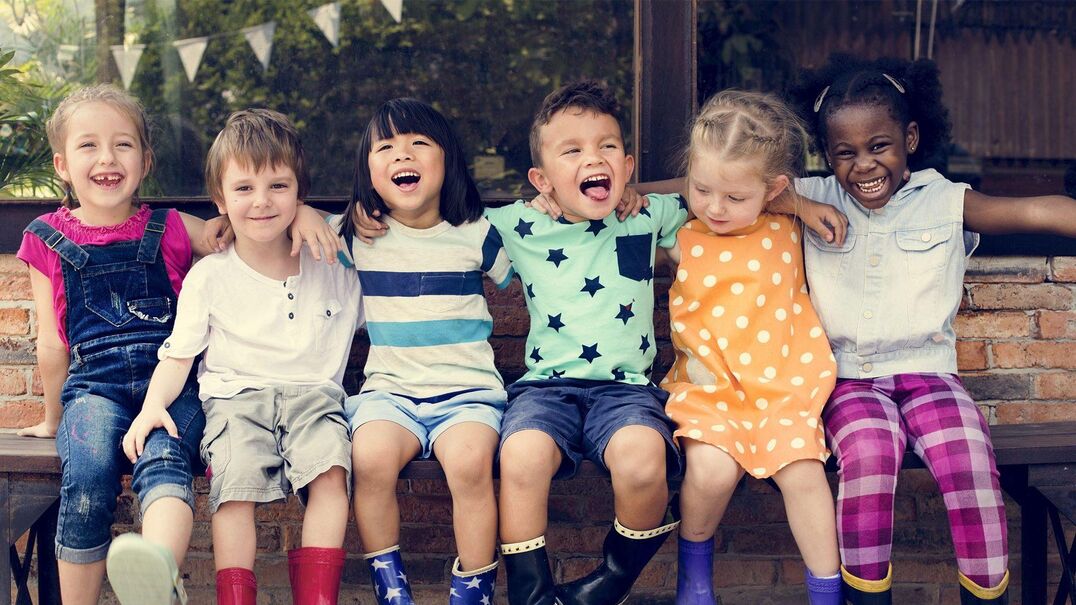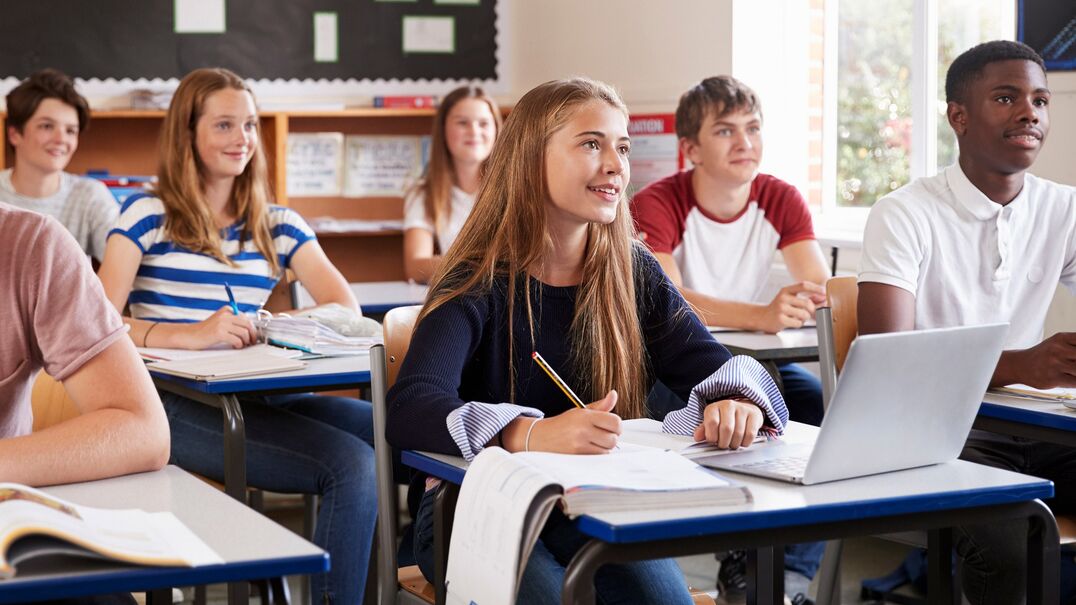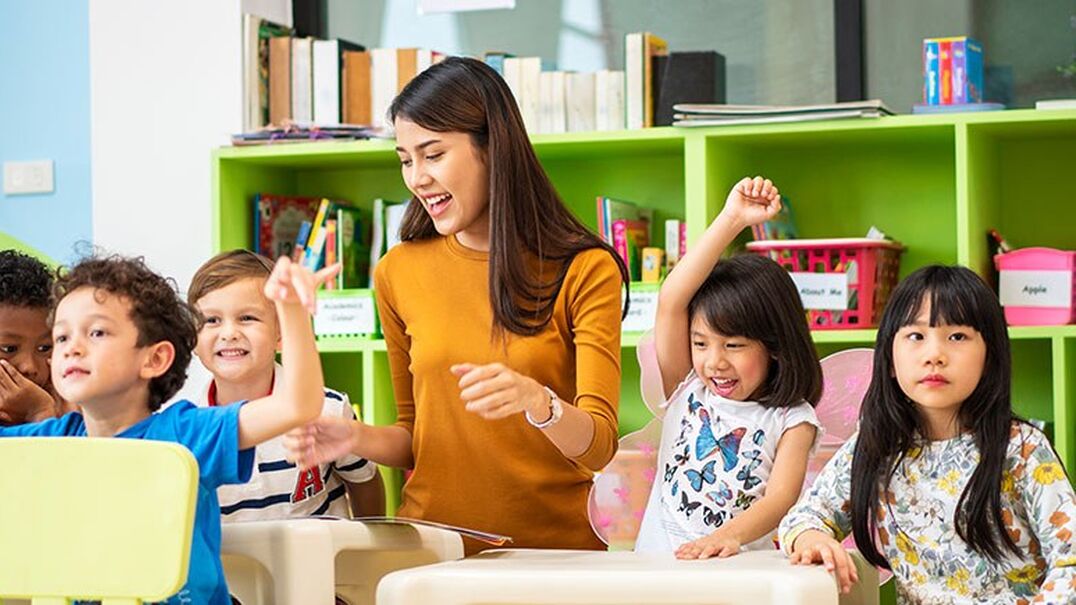Berry Street’s Take Two service is working to reduce the impacts of developmental and intergenerational trauma with some of our most vulnerable children.
Belinda Blundell is a member of Take Two’s Aboriginal Team and works with children in East Gippsland.
Belinda feels the disadvantage facing many Aboriginal young people is often from the intergenerational trauma being suffered due to the harm experienced by Aboriginal people, their families and their culture because of past government practices.
Aboriginal and Torres Strait Islander people are more likely to suffer disadvantage across all areas of their lives. They are much more likely to experience unemployment, drug addiction, child removal, chronic disease, mental health, violence, poverty and early death.
“Since colonisation, there have been massacres, introduced diseases, dispossession of lands and ongoing removal of Aboriginal children from their families. The harm suffered has created significant disadvantage in health and wellbeing, social and economic outcomes for the Gunai Kurnai communities and other Aboriginal people here in Gippsland,” Belinda said.
“I think it’s important that more non-Aboriginal people acknowledge past wrongs and current racism, so then Aboriginal families can begin more healing. As more healing occurs there will be improved opportunities and outcomes for Aboriginal children. It is important to focus on the strength and healing of culture and the importance of connection and relationships.”
“This program, the Community Wellbeing Program, includes a trauma-informed approach, is strengths-based and focuses on culture being a strength for Aboriginal people.”
Each week Belinda spends time with a small group of primary aged girls, most of whom identify as Aboriginal.
“I go to their school and we chat about what’s been happening for them both at school and at home,” Belinda says.
“We play games like Totika, which is similar to the game Jenga but asks social and emotional questions and helps build self-esteem. We also use Feelings Cards with pictures illustrating different emotions on them, the Funky Fish ones are their favourite.”
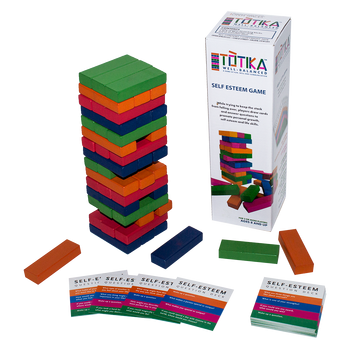
“I have been helping them learn how they can understand and name their feelings. By being able to know what it is they are feeling, they can start to understand why they feel like that, express it and manage their own emotions.”
“Often these kids feel like they are only being told only what they do wrong. We use a strengths-based approach which helps them identify what they are good at and what they do well.”
“By understanding and being proud of what they’re good at, it helps them realise that they’re worthwhile. I try and help them think about what a rewarding future looks like for them.”
“The focus has been on me building positive relationships with the kids, and them building positive relationships with their peers. Without positive relationships, it’s nearly impossible for me to work with them in a meaningful way.”
There are two children who Belinda seems to have really connected with.
“They aren’t living in the same household but do live as though they are cousins. They love swimming, and both are really social and love spending time with their friends.”
“The girls are both 8 years old and their teacher says they are often missing from class. These absences from school have impacted their learning, so they are both significantly behind academically.”
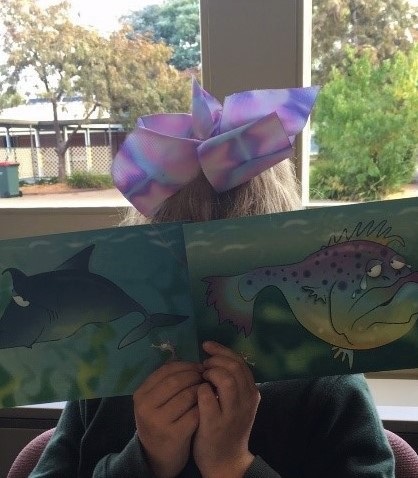
“One of their dad’s came in to the group yesterday as they were dropped off to school. When they arrived, the girls said they ‘forgot’ it was Wednesday and that’s why they were late. They weren’t planning on coming to school but then remembered the group session was on.”
“The dad told me that his daughter ‘loves Wednesdays and coming to your group’. I showed him the feelings cards, their drawings and explained how we draw and chat, and focus on their strengths and the future.”
“I also told him that we are having a Celebration Morning Tea for the group and would be sending invitations out shortly. Both parents said they would like to come. It was really great to see these parents come in into the school environment and check out what their child was involved in.”
Belinda explained the girls also got to do some woodburning within the group sessions and create their own masterpiece.
“It was a very therapeutic activity and they loved how they got to take their art work home.”
This program works across different services and has contact with many different children. Belinda highlights that “all these children are significant and worth celebrating.”
Berry Street’s Take Two Community Wellbeing Program is supported by Communities for Children in East Gippsland. The Communities for Children program is funded by the Australian Government Department of Social Services and is facilitated in East Gippsland by Uniting Gippsland.



